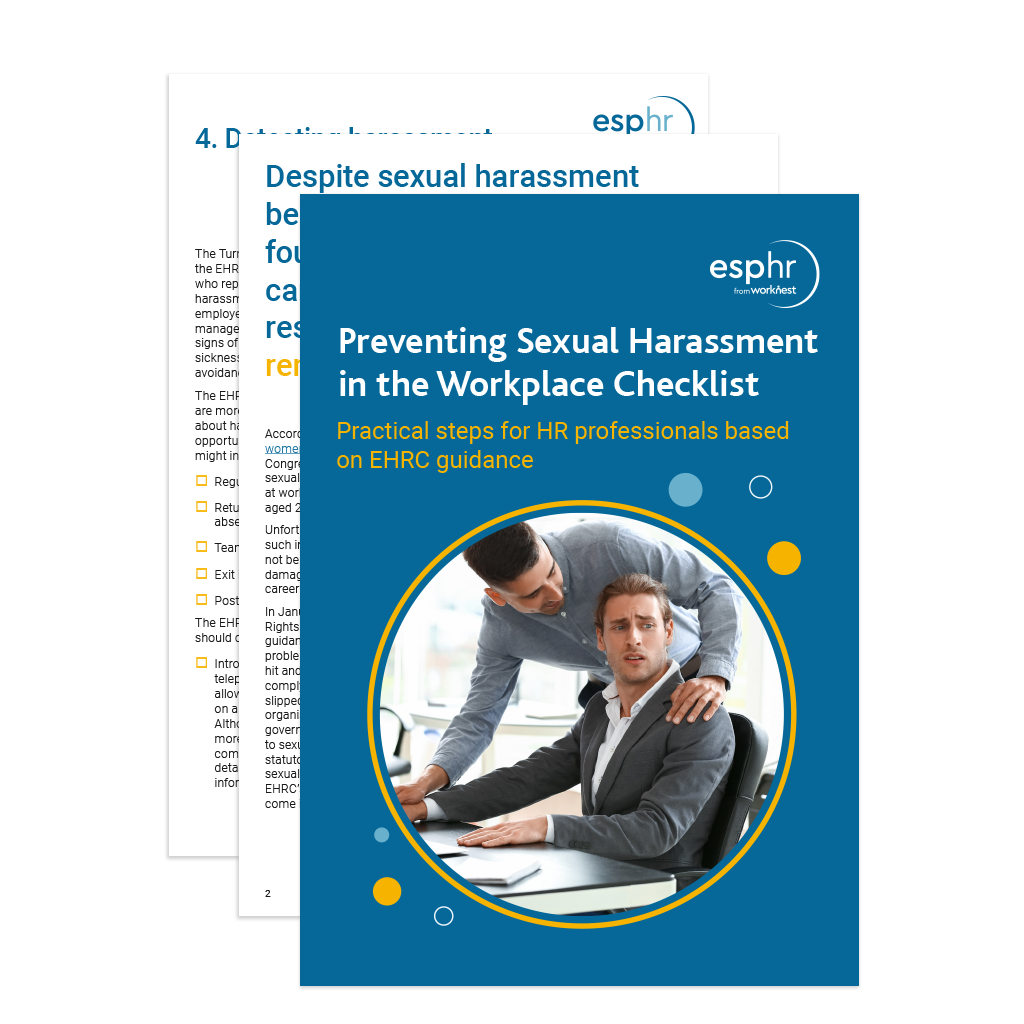Recruiting talent from overseas can bring valuable skills and knowledge to an organisation, however, navigating the complexities of immigration laws and regulations can be challenging. HR professionals, as gatekeepers of recruitment processes, play a crucial role in ensuring compliance with immigration laws when recruiting migrant workers.
How your business will benefit from immigration training for HR professionals
Immigration legislation is a critical area for HR professionals to understand, particularly in today’s increasingly globalised workforce, which is more connected than ever before. As organisations seek to attract and retain top talent from around the world, they often need to navigate complex immigration laws.
Additionally, understanding the rules surrounding business visitors in the UK can be complicated, and breaching them can have serious consequences that may affect future immigration applications.
Recruiting workers from abroad or those with different visa types already in the UK involves complex and elaborate processes. It’s critical for HR professionals and employers to follow the correct procedures and stay on the right side of the law. Seeking support from specialist immigration lawyers and providing immigration training for HR professionals can be invaluable. This support helps organisations understand their options with the immigration system and ensures that their immigration practices are both compliant and robust.
At esphr, we work with organisations’ HR teams to provide immigration training. Training covers various immigration aspects, including Right to Work training, recruiting foreign workers, arranging visas for business visitors from abroad, and understanding the processes and documentation required for setting up a business in the UK.
If you want further details, visit our guide to how immigration specialists can support your business.
Understanding the employer’s right to work check
Legal issues related to immigration can pose significant challenges for businesses. Employers have a legal duty to prevent illegal working by ensuring that those they employ have the requisite right to work in the UK.
An employer who does not carry out proper right to work checks before employing someone whose immigration status does not entitle them to undertake the work in question, may be liable for a civil penalty.
There are significant fines for employing illegal workers. The maximum right to work penalty for employing an illegal worker in the UK increased from £15,000 to £45,000 for a first breach. Repeat offences will be subject to a maximum fine of £60,000 per illegal worker. A statutory defence is available to employers who conduct right to work checks in accordance with Home Office guidance.
Guidance released on February 8th 2024 encompasses details about the increased fines, information specific to EEA citizens, and more details regarding sponsored workers working supplementary hours.
Given the significant financial risks, and the fact that sponsors could have their licences revoked, compliance with right to work obligations is paramount. Balancing this requirement against employment law matters such as unfair dismissal rights can be tricky and employers should be careful to fully understand the nuances of every situation before reaching a decision on someone’s continued employment where there is a possible right to work issue.
The Home Office has stepped up its game when it comes to compliance matters. At esphr, we’re noticing more activity in areas such as civil penalties, visa curtailments and requests for additional evidence across all sponsorship aspects.
Now, more than ever, having a solid understanding of your compliance obligations and having systems in place to meet them is crucial. Download our guide to business immigration developments for more advice on how to ensure business immigration compliance.




